At-Will Employment
In Hawaii the general rule is that employment is terminable at will by either party in the absence of an employment contract for a definite period. Employees may be terminated for any reason not expressly prohibited by federal, state, or local law.
Courts recognize claims for breach of implied contract based on handbook provisions, oral promises, or established policies that created an atmosphere of job security or promises of specific treatment in specific situations, if relied on by the employee. Employers may avoid implied contracts by having employees sign an express written at-will agreement and by including an express disclaimer reserving the company's right to deviate from policies in the employee handbook.
For comprehensive training on maintaining at-will employment, visit EmployerESource and explore our training webinars. These resources offer valuable information for business owners and managers seeking to stay informed and compliant.
For any questions about at-will employment and how to preserve this relationship, please contact EmployerESource. We’re here to provide expert guidance and support.
Ban the Box
Hawaii 'Ban the Box' law prohibits employers from asking about an applicant’s criminal history or conducting a background check until a conditional job offer is made. As an employer, you can only revoke a conditional offer if the candidate’s criminal history directly relates to the position or poses an unreasonable risk to public safety.
Before revoking the offer, employers must provide the candidate with a copy of the background check and allow time for a response.
Contact EmployerESource to get a customized employee offer letter and form letter to match your legal requirements.
Final Wages
Hawaii law establishes clear guidelines for when final wages must be paid upon separation from employment. If an employee is terminated, either with or without cause, the employer must pay the employee in full at the time of discharge or, if immediate payment is not possible, by the next working day. If an employee quits or resigns, their final wages must be paid by the next regular payday. However, if the employee provides at least one pay period’s notice, the employer must pay all wages earned at the time of quitting. If an employee is suspended due to a labor dispute or temporarily laid off, their wages must be paid by the next regular payday through regular pay channels or by mail if requested.
Ensure compliance with Hawaii’s wage payment laws! Contact EmployerESource for expert guidance or download our Employee Handbook with state-specific policies to keep your business protected and in full compliance.
Garnishments of Pay
Hawaii employers may charge a $2 fee per wage deduction for processing child support-related wage garnishment. Employers may not fire, suspend, or discriminate against an employee due to wage garnishment or because the employer was summoned as a garnishee in a proceeding where the employee is the debtor. Specifically, employers who refuse to hire or terminate an employee due to child support-related wage garnishment are guilty of unlawful discrimination. Additionally, an employer who violates these protections may face criminal contempt of court charges.
For more details on how this law affects your workplace, contact EmployerESource or download an employee handbook with state-specific policies.
Paid Family Leave
Hawaii law provides specific protections and entitlements for employees regarding sick leave and family leave. Employers with 100 or more employees must comply with these regulations, ensuring employees who have worked for at least six consecutive months can access these benefits.
Sick leave allows employees to use accrued paid leave for personal illness, medical treatment, pregnancy-related needs, or physical exams. Family leave entitles employees to four weeks of leave per calendar year for the birth or adoption of a child or to care for a seriously ill child, spouse, reciprocal beneficiary, sibling, grandchild, or parent. Employees may combine paid and unpaid leave or substitute accrued leave. Employers who provide sick leave must allow employees to use up to 10 days per year for family leave purposes. Employees must provide reasonable prior notice for foreseeable leave, and employers may require written certification from a healthcare provider or other verifying authority.
Employers should have a clear, state-specific leave policy in place to ensure compliance and protect against legal disputes.
For further details on employer responsibilities and compliance, contact EmployerESource or download an employee handbook with state-specific policies.
Salary History
Hawaii law prohibits employers from requesting or considering a job applicant’s salary history during the hiring process.
Under this law, employers cannot ask about an applicant’s previous salary or use salary history to determine pay or benefits. However, employers may discuss salary expectations with applicants, and if an applicant voluntarily discloses their wage history, employers may consider it in determining compensation. Exceptions apply to internal promotions and background checks (if salary history is inadvertently disclosed).
Employers should implement clear hiring policies and train hiring managers accordingly. A state-specific employee handbook can help businesses maintain lawful hiring practices and prevent discrimination claims.
For further information on employer responsibilities and compliance, contact EmployerESource or download an employee handbook with state-specific policies.
Voting Leave
Hawaii law ensures that employees have the right to take up to two consecutive hours off work to vote on election day without penalties or deductions from their wages. However, this does not apply if the employee already has a two-hour window outside of work hours when the polls are open. Employers may request proof of voting, and if an employee fails to vote after taking time off, the employer may deduct wages for the missed time.
To protect your business from legal disputes and ensure compliance with voting leave laws, it’s essential to have a clear, written policy in place. An employee handbook can help set expectations and provide clarity on employee rights while safeguarding the employer’s ability to manage time-off requests.
For assistance in maintaining compliance and implementing state-specific policies, contact EmployerESource or download an employee handbook tailored to your business needs.
Wage Reduction
Under Hawaii Statute employers must comply with specific notification, posting, and recordkeeping requirements to ensure transparency in employment arrangements. Employers are required to provide written notification at hiring regarding the employee’s rate of pay, payday, and work hours. Employees must be notified in writing or via posted notices of any changes before they take effect. Employers must also clearly communicate vacation and sick leave policies in writing or through a posted notice.
To streamline compliance and ensure employees receive clear, legally required information, employers should provide an up-to-date employee handbook outlining these policies. For state-specific policies and guidance on employer recordkeeping requirements, contact EmployerESource or download a compliant employee handbook today.


